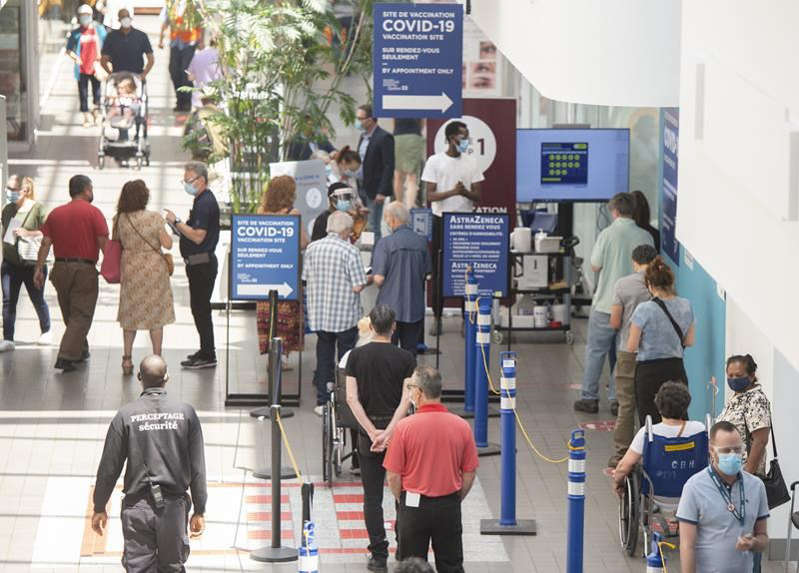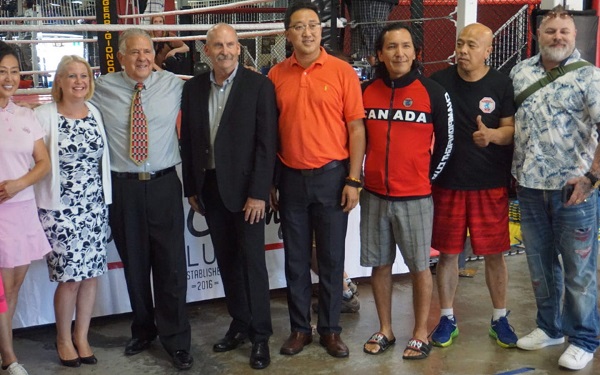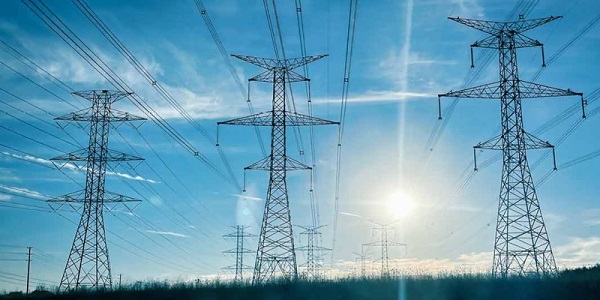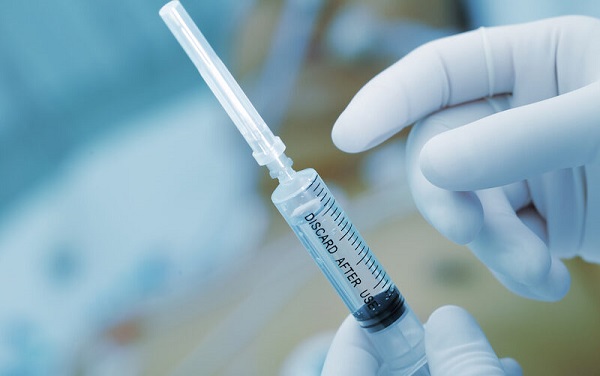Business
Trudeau hiking taxes again in 2024
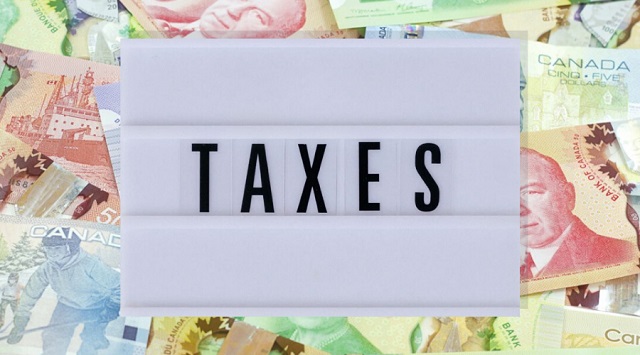
From the Canadian Taxpayers Federation
Author: Franco Terrazzano
Brace for impact, taxpayers.
Prime Minister Justin Trudeau will be reaching deeper into your pockets in the new year with payroll tax hikes, a carbon tax hike and alcohol tax hikes.
Canadians will be paying higher payroll taxes because of the mandatory rising Canada Pension Plan and Employment Insurance contributions.
If you make $73,200 or more, you’ll be paying an extra $347 in payroll taxes in 2024, for a total tax bill of $5,104.
Your employer will also be forced to fork over $5,524 in the new year.
The federal government is imposing a new tax, which it calls “CPP2.” The original CPP taxes your income at six per cent up to $68,500. The new CPP2 expands that threshold and taxes additional income at four per cent up to $73,200.
Trudeau likes to claim he’s “working to make life more affordable.” But he’s also hiking a tax that directly makes life more expensive: the carbon tax.
The carbon tax increases the price of gasoline, diesel and home heating fuels, which is a big deal in our vast, cold country. The carbon tax also makes groceries more expensive, as it increases costs for the farmers who grow our food and the truckers who deliver it.
The carbon tax will cost the average family up to $911 in 2024 even after the rebates, according to the Parliamentary Budget Officer.
The feds are also scheming up a digital services tax. This new tax targets social media platforms, companies operating digital marketplaces, and businesses earning revenue from online advertising, such as Amazon, Google, Facebook, Uber and Airbnb.
Consumers should expect to pay higher prices because of the tax. When faced with the three per cent DST in France, Amazon increased its commission charge to French vendors by the same amount.
You could be forgiven if all these tax hikes drive you to drink.
But when you pick up that case of Blue, a bottle of pinot or a mickey of rum, Trudeau will be taking an extra 4.7 per cent from you through his alcohol tax hikes.
Next year’s federal alcohol tax hike is expected to cost taxpayers almost $100 million.
Taxes in Canada already account for about half of the price of beer, 65 per cent of the price of wine and more than three quarters of the price of spirits.
While Trudeau hikes taxes, many other countries are providing relief.
The Canadian Taxpayers Federation identified 51 national governments that provided tax relief during the pandemic or to ease the burdens of inflation. Those governments include more than half of the G7 and G20 countries and two-thirds of the countries in the Organization for Economic Co-operation and Development.
Provincial governments – of all political stripes – are also providing relief.
Manitoba’s NDP government is suspending its fuel tax in the new year. Gas tax relief from Ontario’s Progressive Conservatives will save a family with a minivan and pick-up truck about $185 through June 2024. And the Liberals in Newfoundland and Labrador cut their gas tax by eight cents per litre.
The Alberta government promised to cut personal income taxes and passed legislation requiring a vote before a government can increase income or business taxes. Manitoba’s income tax cuts could save an individual taxpayer more than $2,000. Quebec lowered its income tax rate on the first two brackets. New Brunswick implemented significant income tax relief in 2023. And Prince Edward Island’s income tax cut will save middle-class taxpayers up to $200.
The fastest, simplest and easiest way for Trudeau to make all areas of life more affordable is to ditch his high-tax policies and allow Canadians to keep more of our money.
Alberta
Federal taxes increasing for Albertans in 2025: Report
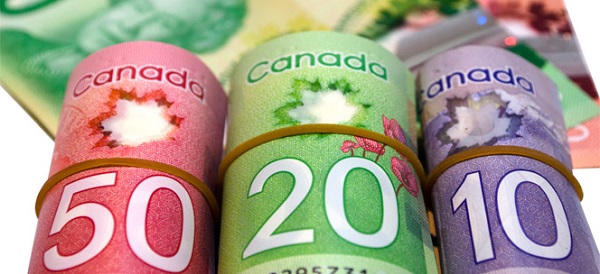
From the Canadian Taxpayers Federation
By Kris Sims
The Canadian Taxpayers Federation released its annual New Year’s Tax Changes report today to highlight major tax changes in 2025.
The key provincial tax change expected for Alberta is a reduction in the income tax rate.
“The Alberta government promised to reduce our lowest income tax bracket from 10 down to eight per cent and we expect the government to keep that promise in the new year,” said Kris Sims, CTF Alberta Director. “The United Conservatives said this provincial income tax cut would save families about $1,500 each and Alberta families need that kind of tax relief right now.
“Premier Danielle Smith promised to cut taxes and Albertans expect her to deliver.”
Albertans will see several federal tax hikes coming from Ottawa in 2025.
Payroll taxes: The federal government is raising the mandatory Canada Pension Plan and Employment Insurance contributions in 2025. These payroll tax increases will cost a worker up to an additional $403 next year.
Federal payroll taxes (CPP and EI tax) will cost a worker making $81,200 or more $5,507 in 2025. Their employer will also be forced to pay $5,938.
Carbon tax: The federal carbon tax is increasing to about 21 cents per litre of gasoline, 25 cents per litre of diesel and 18 cents per cubic metre of natural gas on April 1. The carbon tax will cost the average household between $133 and $477 in 2025-26, even after the rebates, according to the Parliamentary Budget Officer.
Alcohol taxes: Federal alcohol taxes will increase by two per cent on April 1. This alcohol tax hike will cost taxpayers $40.9 million in 2025-26, according to Beer Canada.
Following Budget 2024, the federal government also increased capital gains taxes and imposed a digital services tax and an online streaming tax.
Temporary Sales Tax Holiday: The federal government announced a two month sales tax holiday on certain items like pre-made groceries, children’s clothing, drinks and snacks. The holiday will last until Feb. 15, 2025, and could save taxpayers $2.7 billion.
“In 2025, the Trudeau government will yet again take more money out of Canadians’ pockets with payroll tax hikes and will make life more expensive by raising carbon taxes and alcohol taxes,” said Franco Terrazzano, CTF Federal Director. “Prime Minister Justin Trudeau should drop his plans to take more money out of Canadians’ pockets and deliver serious tax relief.”
You can find the CTF’s New Year’s Tax Changes report HERE.
Business
The gun ban and buyback still isn’t worth it for taxpayers
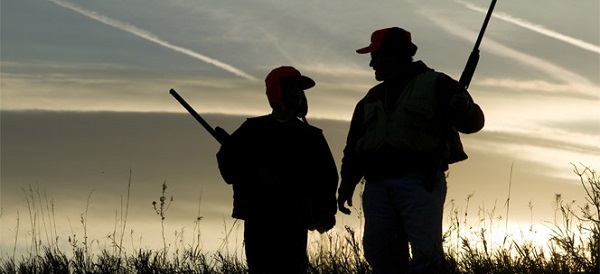
From the Canadian Taxpayers Federation
Even worse than the cost is the simple fact that the policy isn’t making Canadians safer. Trudeau banned the initial list of 1,500 guns in 2020, meaning that it’s illegal to buy, sell or use them. In every year since, violent gun crime in Canada has increased.
Right from the beginning, experts have told the prime minister that his gun ban and buyback will divert resources away from fighting crime rather than making Canada safer.
Instead of changing course, the Trudeau government announced it’s diverting even more taxpayers’ money to its failing gun policy policy.
And it’s an expensive diversion.
The federal government recently announced an additional 324 models of firearms are now prohibited and being added to the buyback list. That brings the total makes and models banned to almost 2,500.
Even though Ottawa hasn’t confiscated a single gun yet, costs have already begun to pile up for taxpayers. Since 2020, when the ban was first announced, the government has spent $67 million on the program. By the end of the fiscal year the government is likely to increase that number to about $100 million, according to government documents.
The projected costs of this scheme have been a problem from the start. In 2019, the government said the buyback would cost taxpayers $200 million. But according to the Parliamentary Budget Officer, buying back the guns could cost up to $756 million, not including administrative costs. Other government documents show that the buyback is now likely to cost almost $2 billion.
Those costs do not include the newly banned firearms. And it looks like the government has plans to expand the list even further. That means even more costs to taxpayers.
Minister of Public Safety Dominic Leblanc, who is charge in charge of the gun ban, hinted during the press conference the popular SKS rifle might be added to the ban list next. There are estimated to be a million of those firearms in Canada.
That means the costs to taxpayers could soar and even more people could lose their guns. The PBO report estimates that there were about 518,000 firearms banned on the original list. Adding the SKS could more than double the projected $756 million it would cost to confiscate the guns.
The government tried to ban the SKS before. It was included in an amendment to Bill C-21 that would have seen it banned along with a lot of hunting rifles. The Assembly of First Nations immediately passed an emergency resolution opposing this amendment at the time.
“It’s a tool,” said Kitigan Zibi Chief Dylan Whiteduck about the list of rifles that would have been banned. “It’s not a weapon.”
The government backed down on that amendment. There is no doubt it would encounter similar resistance from Indigenous hunters if Ottawa reimposed it.
Even worse than the cost is the simple fact that the policy isn’t making Canadians safer. Trudeau banned the initial list of 1,500 guns in 2020, meaning that it’s illegal to buy, sell or use them. In every year since, violent gun crime in Canada has increased.
And international examples confirm the pattern. New Zealand conducted a similar, but more extensive, gun ban and buyback in 2019. New Zealand had 1,216 violent firearm offenses in 2023. That’s 349 more offences than the year before the buyback.
All of this only confirms what experts have said from the beginning: This cost a lot of money, but won’t make Canada safer.
The union that represents the RCMP says the buyback “diverts extremely important personnel, resources, and funding away from addressing the more immediate and growing threat of criminal use of illegal firearms.”
“The gun ban is not working,” said the president of the Toronto Police Association. “We should focus on criminals.”
Academics who study the subject also agree.
“Buyback programs are largely ineffective at reducing gun violence, in large part because the people who participate in such programs are not likely to use those guns to commit violence,” said University of Toronto professor Jooyoung Lee.
Everyone but the prime minister can see the obvious. The costs for this program keep ballooning and taxpayers have every reason to worry the tab is only getting bigger. Yet our streets aren’t safer. Trudeau must scrap this ineffective and expensive gun buyback.
-

 Housing2 days ago
Housing2 days agoTrudeau loses another cabinet member as Housing Minister Sean Fraser resigns
-
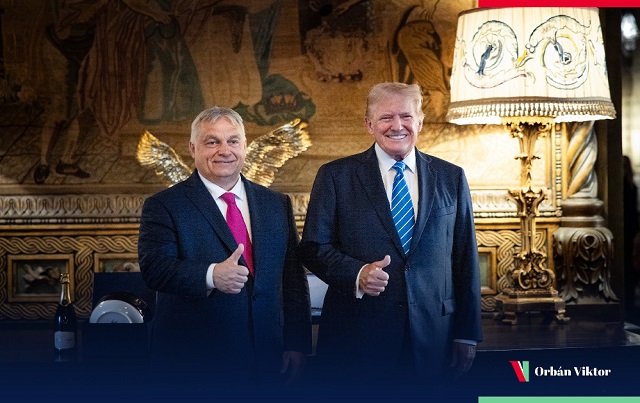
 conflict2 days ago
conflict2 days agoTrump has started negotiations to end the war in Ukraine
-
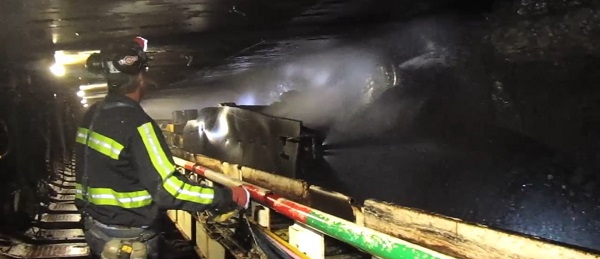
 Energy2 days ago
Energy2 days agoDig, Baby, Dig: Making Coal Great Again. A Convincing Case for Coal
-
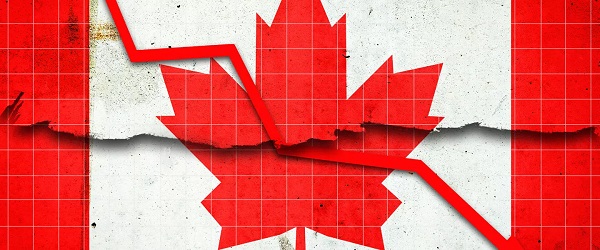
 Business2 days ago
Business2 days agoFiscal update reveals extent of federal government mismanagement
-
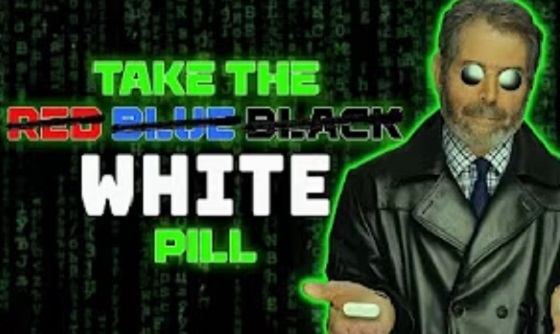
 Economy2 days ago
Economy2 days agoThe White Pill: Big Government Can Be Defeated (Just Ask the Soviet Union)
-
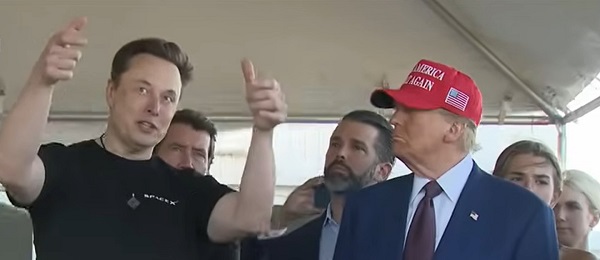
 Business2 days ago
Business2 days ago‘There Are No Sacred Cows’: Charles Payne Predicts DOGE Will Take Bite Out Of Military Industrial Complex
-
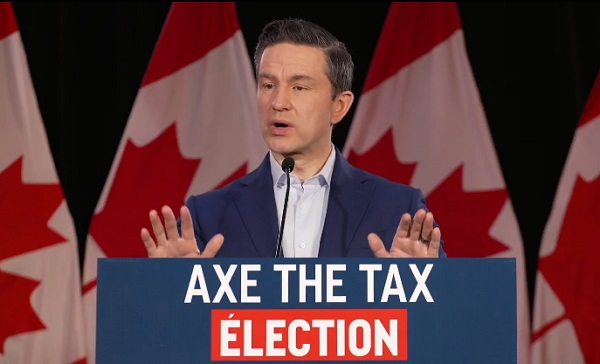
 National1 day ago
National1 day agoAs Trudeau’s government teeters, Pierre Poilievre pushes for immediate election call
-

 Brownstone Institute1 day ago
Brownstone Institute1 day agoA Potpourri of the World’s Unexposed Scandals



